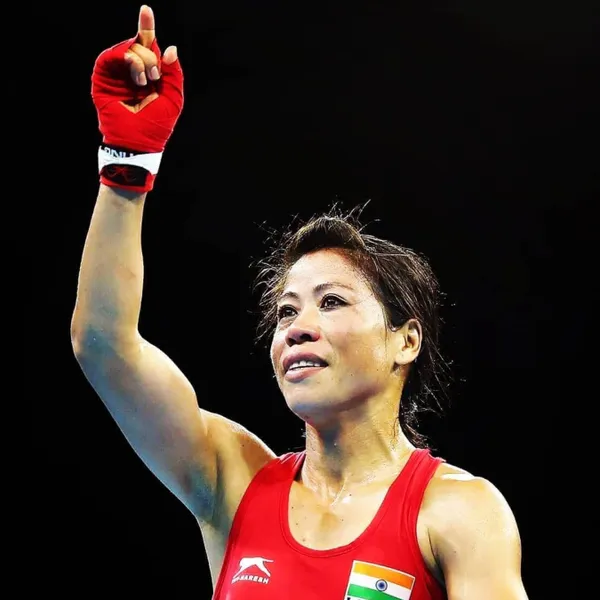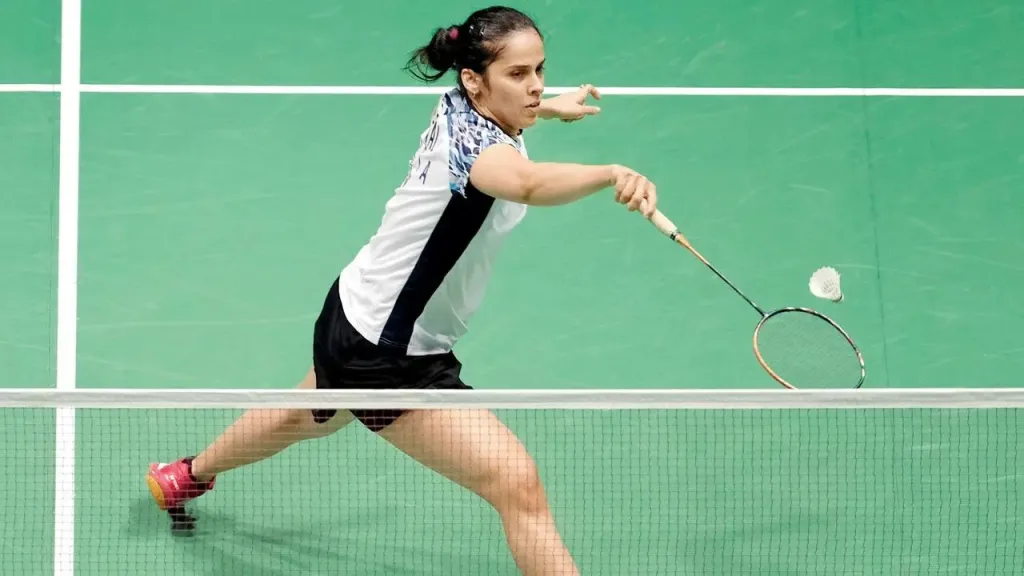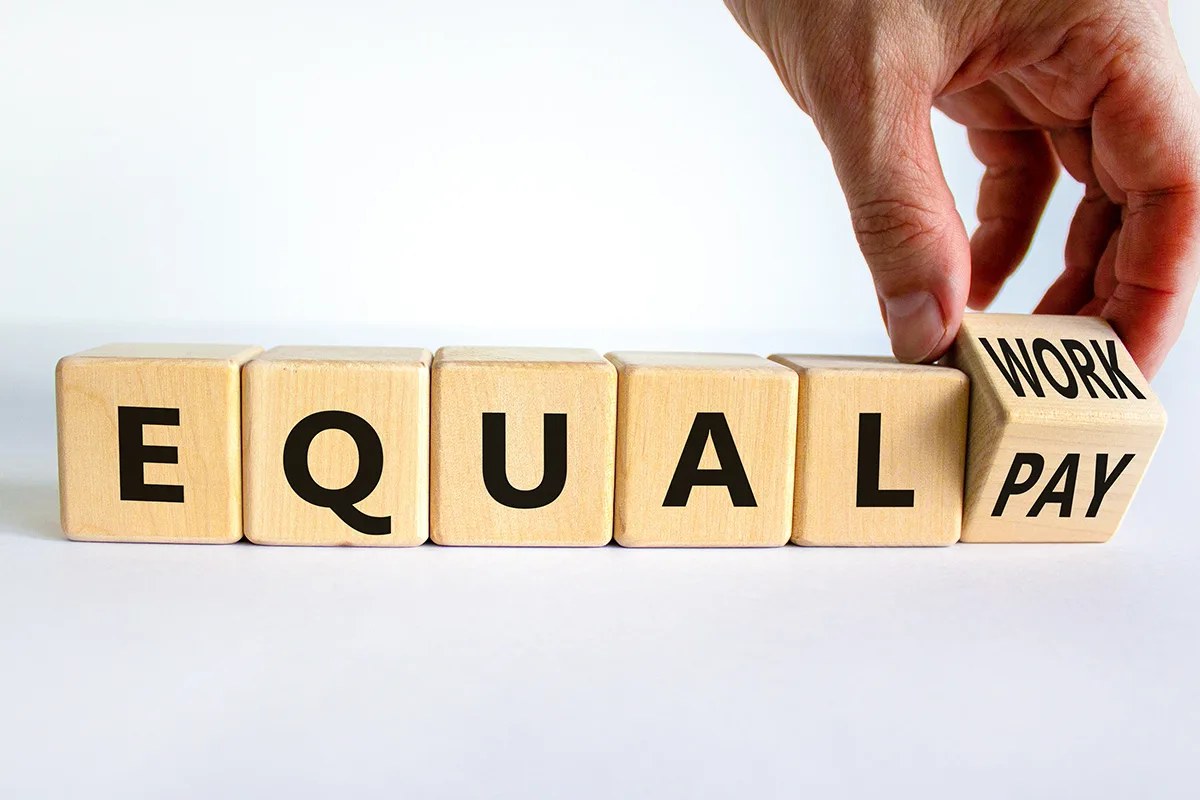A BBC report has highlighted the growing, yet prejudiced, approach of the Indians towards women in sports. Although most Americans support equal pay for female athletes, a large 38 percent of respondents feel that women’s sports are less enjoyable than men’s.
According to the survey, conducted among 10,181 respondents across 14 states that observed the ‘Sports Day’ on October 29, 75 percent of Indians feel sports need to be taken seriously. But only 36% are at least moderately physically active (men: 42%, women: 29%). The engagement ratio was highest for unmarried individuals and the 15–24 age group, with 54% of unmarried participants playing sports versus only 30% of married or divorced respondents.

Although attitudes toward gender equality have improved, outdated stereotypes still hold sway. Forty-one percent of respondents said women athletes are equally skilled as men’s counterparts, while 37% felt women athletes were not “feminine enough,” and 29% doubted that women were robust enough to compete in sports. In addition, safety issues were often raised as a reason for women not to participate in sports.
Some sports—boxing, wrestling, weightlifting, and motorsports among them—are still widely regarded as unsuitable for women. In terms of gender, cricket also saw a considerable disparity, with only 15% of Indian women reported to play the sport compared to its male counterparts at a national average of 25%. Kabaddi seemed to have narrower gaps, with 15% for men and 11% for women.

Overall, our consumption of women’s sports continues to be low. Only 34% of all Indians follow news reports related to women’s sports, while only 18% have attended women’s sports events in person compared to 24% for men’s. That gap in viewership is representative of a larger necessity to highlight and promote women athletes.
The Head of Audience Research at BBC World Service, Santanu Chakrabarti, noted that while gender equality is a popular idea in India today, stereotypes still inform perspectives. “There has been real progress, but old biases are still shaping public opinion,” he said.
It is worth noting that Tamil Nadu and Maharashtra had the highest level of participation and engagement in sports as a state.
The research highlights both the strides made toward valuing women’s sports and the remaining need for systemic efforts to counter stereotypes, enhance safety, and increase visibility in order to bridge the gap between perception and participation. Equal pay is a step in the right direction, but if people want equality, it will take a movement.



